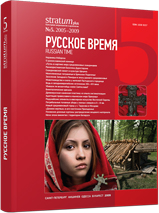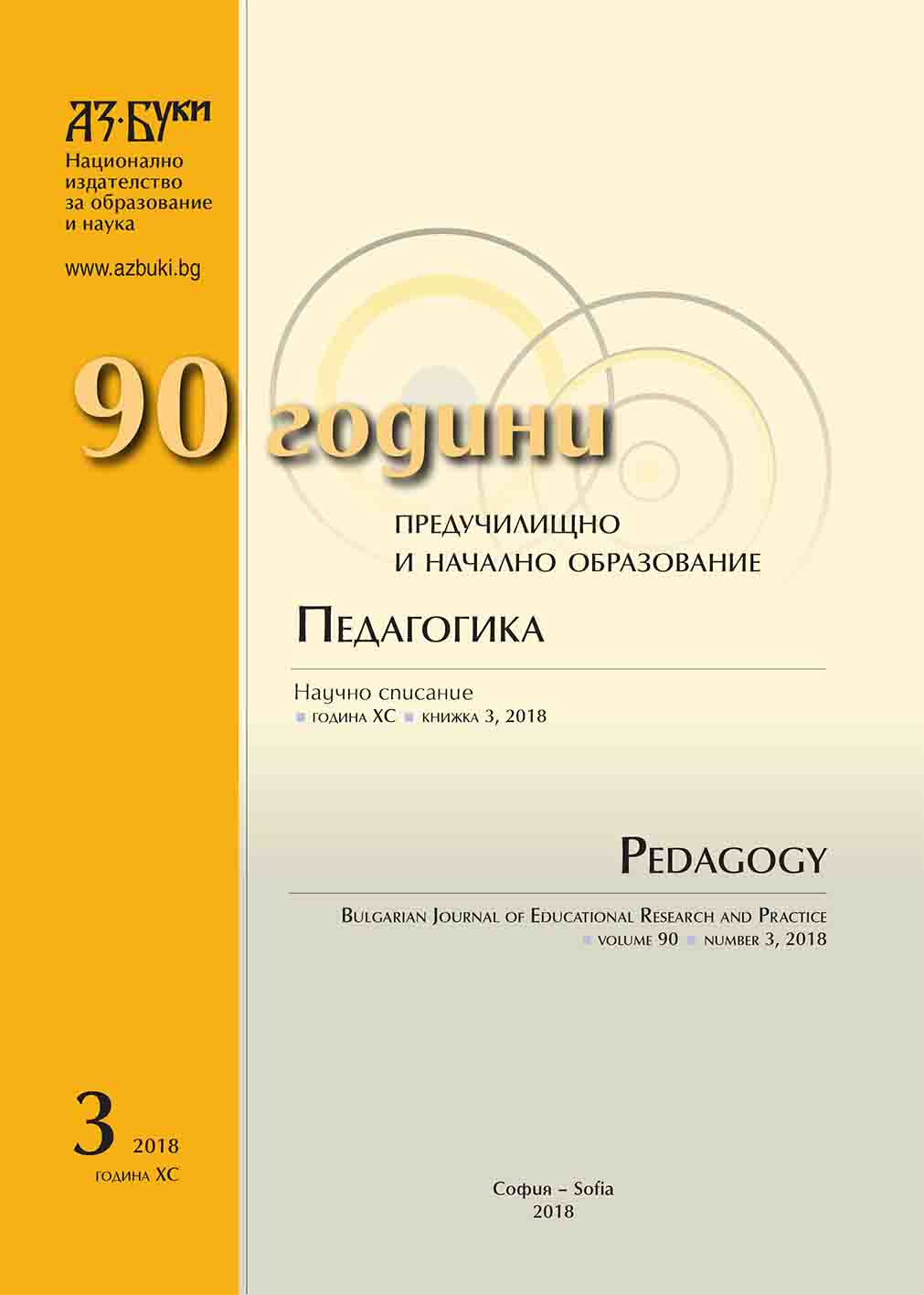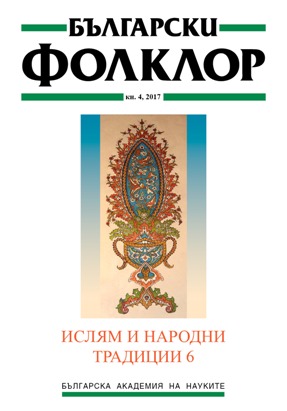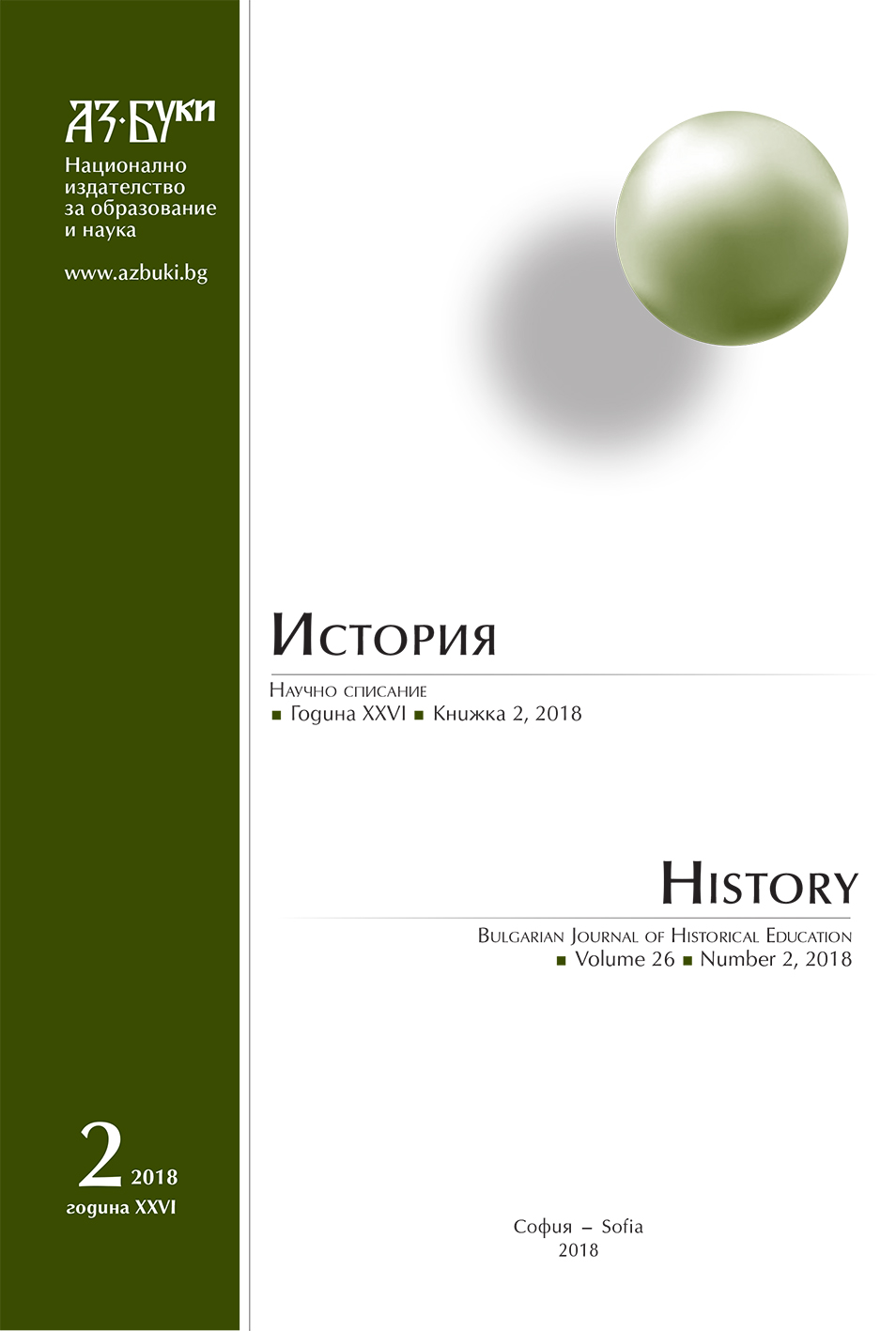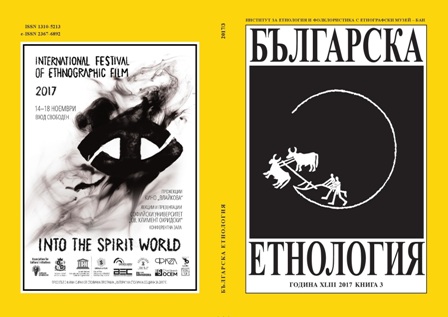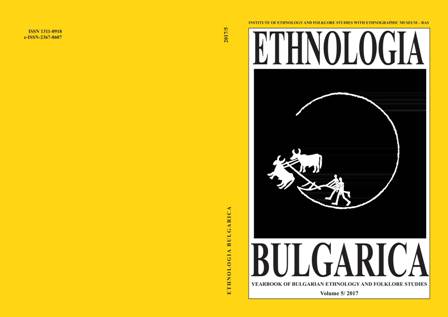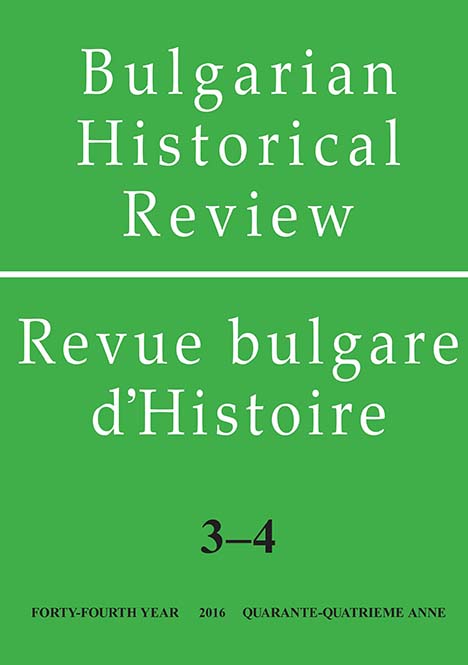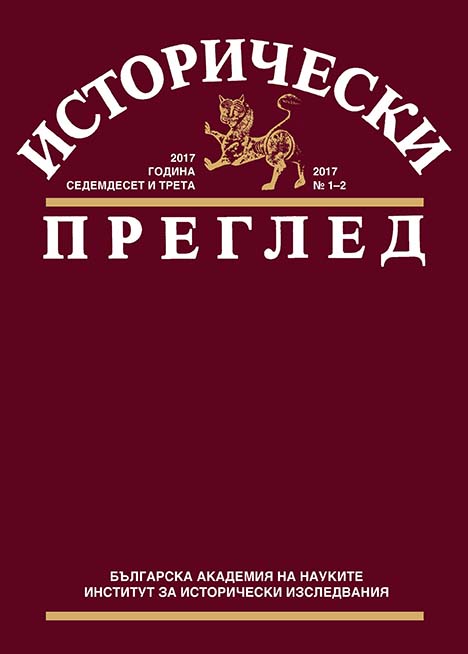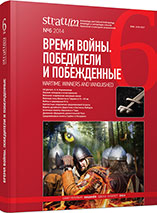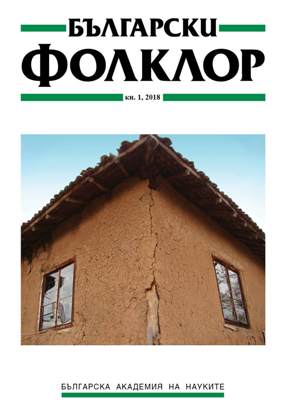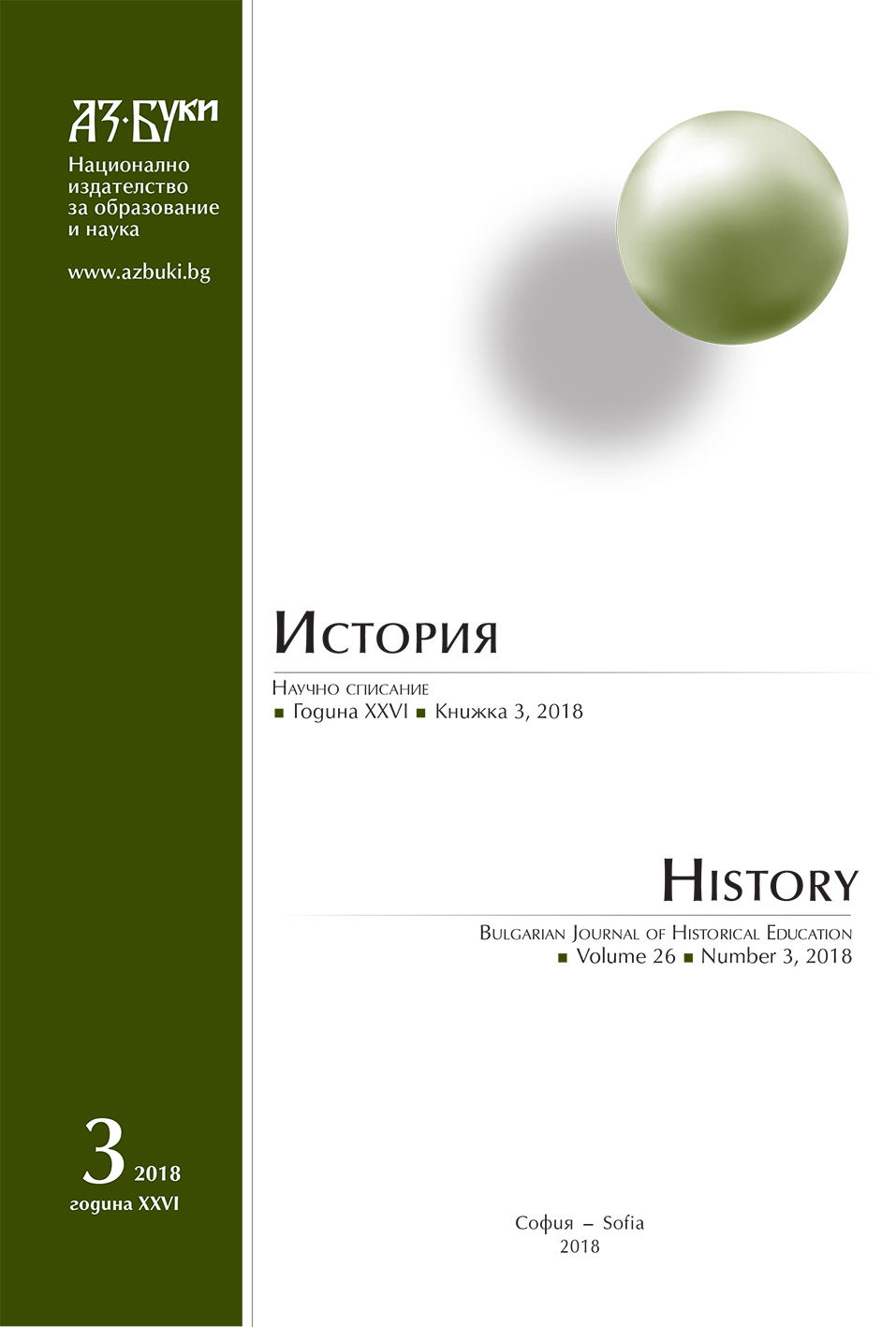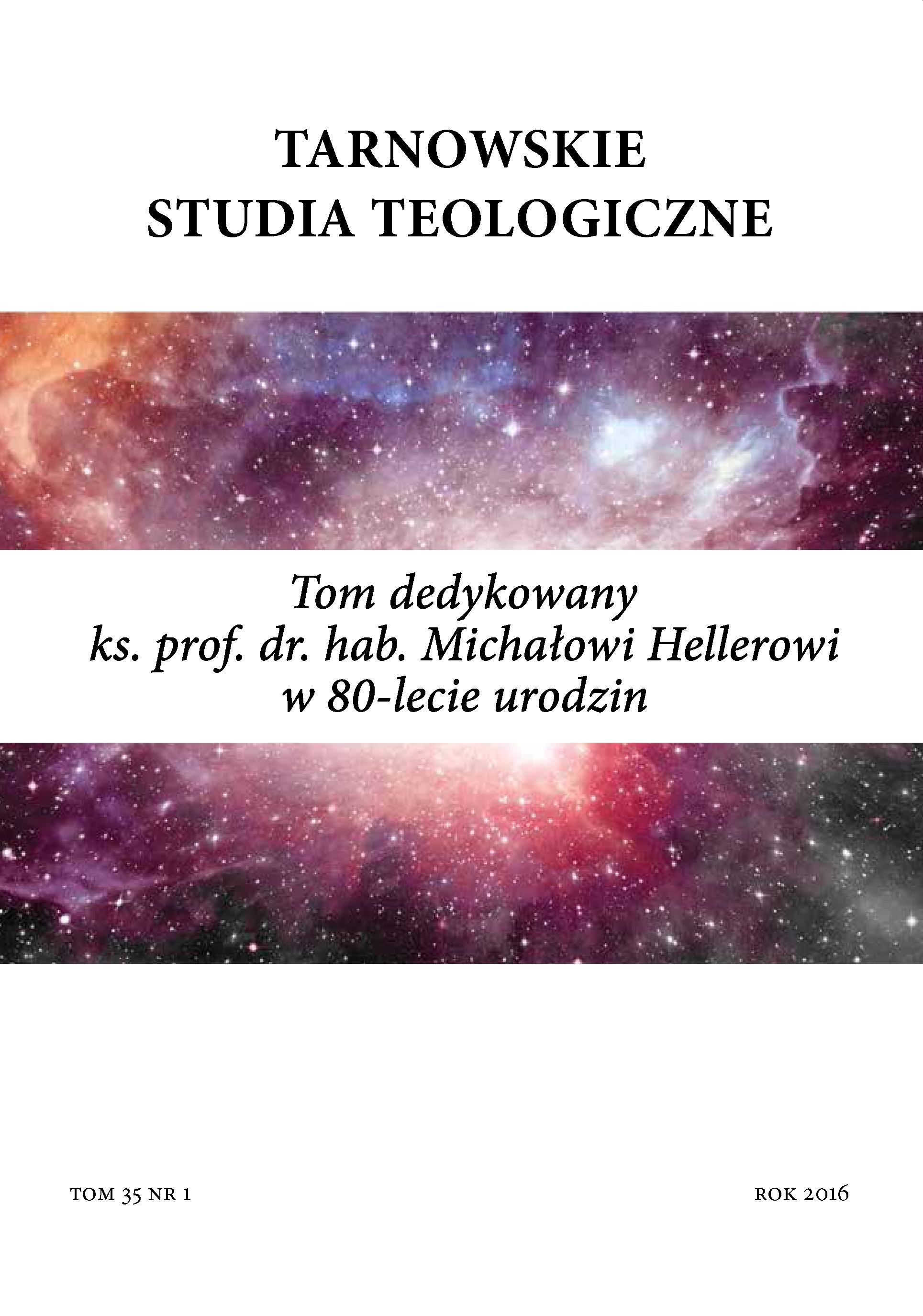
Poszukiwania „optymalnego” tekstu Biblii w XIII wieku
Chociaż chrześcijaństwo nie jest „religią księgi” w potocznym rozumieniu tego określenia, to jednak księga Pisma Świętego stanowi jej oparcie, program i kryterium weryfikujące. Dlatego też w ciągu wieków zawsze starannie dbano o to, by tekst biblijny był odpowiednio przechowywany i przekazywany. W tym artykule zwracamy uwagę na to, w jaki sposób poszukiwano optymalnego tekstu Biblii na uniwersytecie w Paryżu w XIII wieku. Powstanie uniwersytetów i nadanie naukowego charakteru teologii sprawiło, że powstał problem przygotowania odpowiedniego tekstu biblijnego, jednakowego dla wszystkich i łatwo dostępnego. Potrzeba akademicka szybko wpłynęła więc na popularyzację tekstu biblijnego oraz na potrzebę jego skorygowania. Proces opracowania nie był łatwy, ale mimo powstających trudności dość szybko z nim się uporano. Wypracowano tekst, który w końcu zarówno zadowalał uczonych, jak i spełniał kryteria tradycji eklezjalnej. Przy okazji pojawiło się wiele ważnych refleksji teoretycznych, które wpłynęły na pogłębione rozumienie natury tekstu biblijnego oraz na sposoby jego interpretacji. Z tych doświadczeń korzystano w kolejnych wiekach, a wiele wniosków, które wyprowadzono w XIII wieku, zachowuje swoją aktualność do dnia dzisiejszego. Although Christianity is not “a religion of the book” in the common understanding of this expression, however the Bible constitutes its support, programme and verifying criterion. That is why over the centuries the text of the Bible was always scrupulously enshrined and transferred. This article focuses on the subject of how the optimal text of the Bible was searched for at the University of Paris in 13th century. The advent of universities and a new character of theology as a scientific study created a need for a proper text of the Bible, the same for everyone and easily available. Thus the academic necessity rapidly increased the popularity of the biblical text but also prompted the need of its correction. The study was a difficult task, but the problems were soon overcome. The final version of the text satisfied the scholars and met the criteria of the ecclesiastical tradition. Concurrently a lot of significant theoretical reflections emerged which affected the profound understanding of the nature of the biblical text and the ways of its interpretation. These achievements appeared to be valuable in centuries to come and the numerous conclusions drawn in 13th century remain relevant even today.
More...
